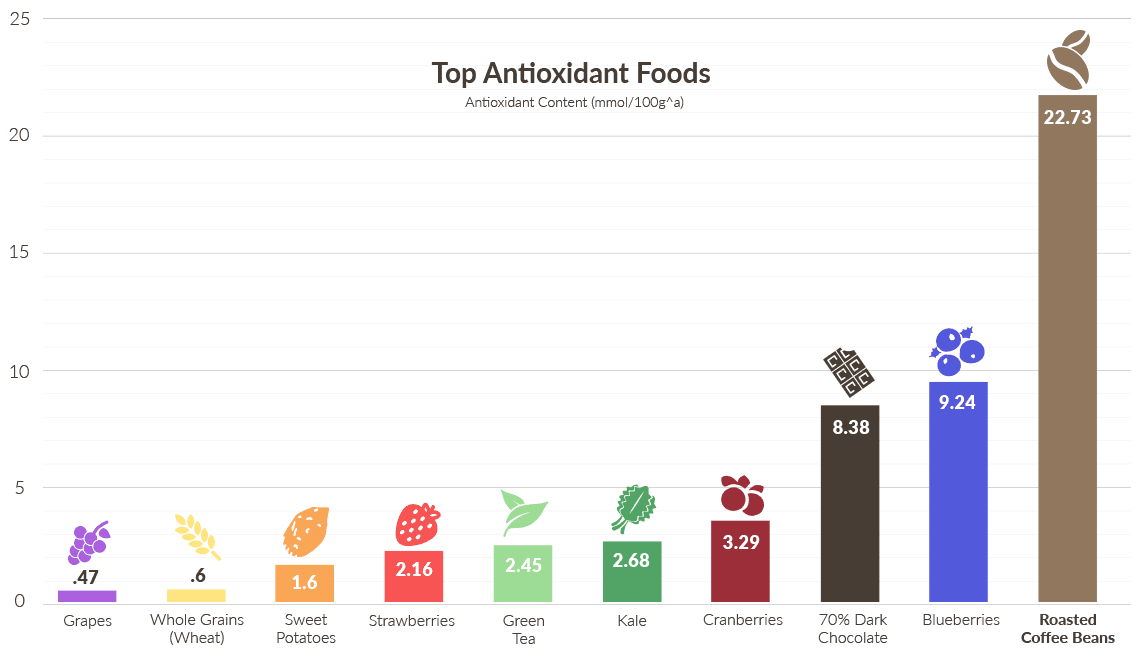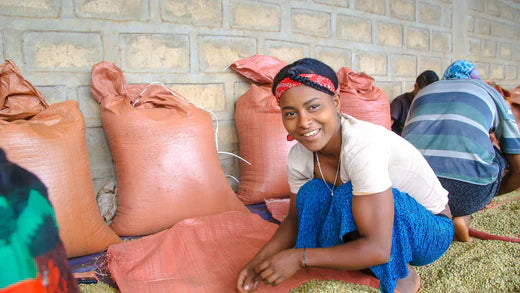People who take steps to improve their health often create a list of don’ts. In the past, that list has included “don’t drink coffee.” However, what if coffee isn’t the “don’t” that many think it is, but is actually a superfood in disguise? What many people don’t know is that the answer to better health and longevity could actually be to drink more coffee instead of less, and even share that habit through a coffee subscription gift that promotes wellness.

In the 1950s, surveys of the population linked coffee-drinking to a swath of illnesses, including heart failure and multiple cancers. However, these reports made the mistake of linking correlation and causation; there was no exclusion or differentiation for people who drank alcohol heavily or smoked tobacco in these reports. In spite of glaring flaws, the popular belief became that coffee was a dangerous vice on par with overconsumption of martinis and cigarettes.
Ever since, there’s been a growing body of work that’s countered every one of the earlier population reports to show how coffee actually provides unbeatable benefits for human health. This includes epidemiological studies and meta-analyses, but also lab testing that takes note of the direct biological consequences of coffee ingestion. As of right now, there have been over 19,000 studies conducted in universities and commercial laboratories across the globe, and almost all of these shed light on the benefits that coffee-drinking can provide.
Coffee consumption drastically decreases the chances of suffering from many different diseases. The risk of death from congestive heart failure, for instance, was reduced by 30% in one study, while an Iowa women’s health survey found that risk of both inflammatory cardiovascular disease and stroke were also reduced with regular coffee drinking even for those who prefer options like best organic decaf coffee.
Drinking coffee is also associated with 30% reduced risk for Parkinson’s disease, 40% reduced risk of liver cancer, and a whopping 65% reduced risk for Alzheimer’s. A 2012 study published in the New England Journal of Medicine found an inverse relationship between coffee consumption and overall mortality - meaning that overall risk of death is decreased by drinking coffee.
In addition to reducing the risk of various diseases, coffee improves daily vitality and performance. Athletes performing high intensity exercise who consumed caffeine before trials performed an average of 11–12% better than those who didn’t. To be clear, however, the increased energy and performance isn’t just a reference to the temporary energy boost that caffeine provides. The secret to why coffee has so many health benefits lies in its antioxidant content.
Coffee contains more antioxidants per serving than any other food in the Western diet.
 Coffee beans that have been carefully brought to a medium roast contain 22.73 mmol/100g^a, whereas trendy superfoods like kale and blueberries trail far behind that ratio (2.68 mmol/100g^a and 9.24 mmol/100g^a respectively). It’s interesting that, even with such high concentrations of antioxidants, coffee’s reputation as a superfood isn’t so prominent. However, there are cost-cutting factors that can sabotage the healthful properties of coffee.
Coffee beans that have been carefully brought to a medium roast contain 22.73 mmol/100g^a, whereas trendy superfoods like kale and blueberries trail far behind that ratio (2.68 mmol/100g^a and 9.24 mmol/100g^a respectively). It’s interesting that, even with such high concentrations of antioxidants, coffee’s reputation as a superfood isn’t so prominent. However, there are cost-cutting factors that can sabotage the healthful properties of coffee.
Not all coffees are created equal. Therefore, it’s important to look for several factors to help you choose a health tonic rather than a mere vehicle to deliver caffeine to your system. In a world where coffee isn’t recognized for its life-enhancing antioxidant properties, coffee companies mostly prize flavor and cost during production. That’s why selecting options like flow coffee beans can be such a reliable way to maximize both purity and health benefits.
What are the factors which can prevent coffee from being healthy?
The first risk comes with the actual farming process, where industrial pesticides are sprayed on the delicate, porous coffee berries. Sometimes berries are collected after they have begun to decompose, leaving a dangerous substance called Ochratoxin A on their exteriors. Beans are often stored improperly as well, allowing them to develop mold. A roasting protocol that prioritizes health will never lead to over-roasting (charring coffee beans), which is something that many roasters do to try to burn out mold and toxins on cheap coffee beans. This over-roasting produces cancer-causing compounds called PAH’s; so a medium roast is preferable but can be expensive for the coffee producer.
The easiest change one can make to better health is to switch to a coffee that is high in antioxidants and low in toxins and carcinogens. Choosing specialty grade organic beans means that the beans are free from pesticides, aren’t permitted to develop mold or Ochratoxin A, and are of a uniform, evenly-roasting shape. Search for fresh beans that disclose their “roasted on” date, so you know that the coffee bags have not been languishing and allowing the beans to become stale or the oils to become rancid. Look for a light to medium roast that hits the “sweet spot” where antioxidants are at their highest level and PAHs and acrylamide are at their lowest.
The quest for healthy coffee can be condensed to this framework: search for organic, specialty grade coffee. Drink medium roast for optimal antioxidants. Check that the coffee is as fresh as possible. That way, you’ll be ensuring you get the greatest benefits from of one of the world’s most underrated superfoods.
Purity Coffee is in the midst of conducting studies measuring the relative antioxidant levels of over 49 different brands of coffee. You can see the results of the study by visiting our lab results page.








Leave a comment